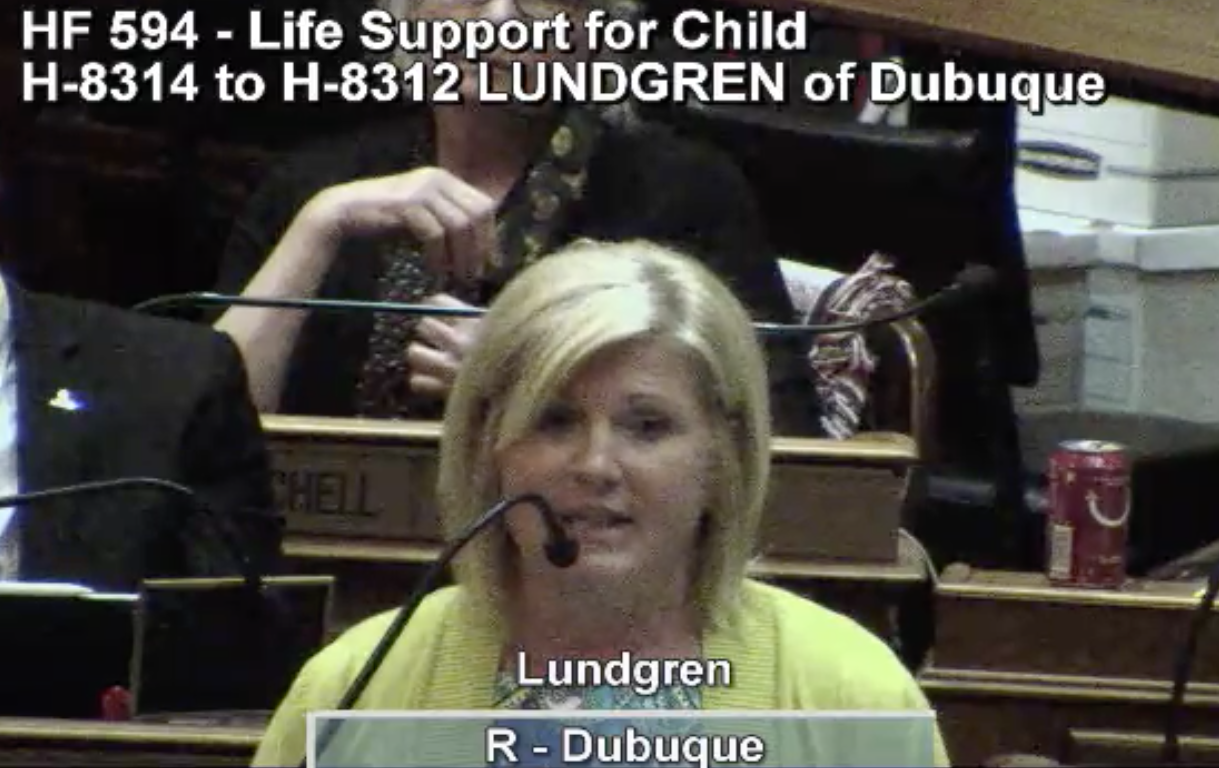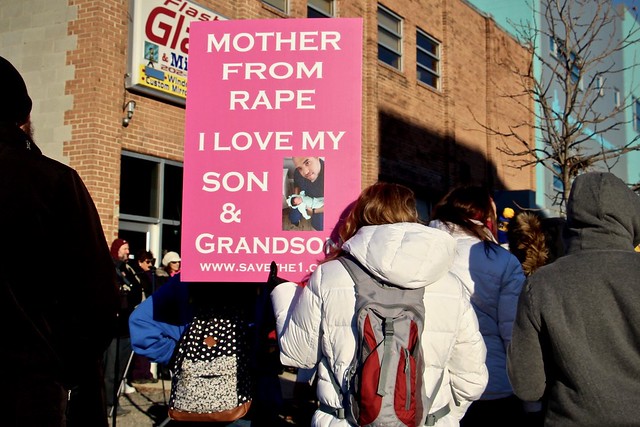The Bleeding Heartland community lost a valued voice this year when Johnson County Supervisor Kurt Friese passed away in October. As Mike Carberry noted in his obituary for his good friend, Kurt had a tremendous amount on his plate, and I was grateful whenever he found time to share his commentaries in this space. His final post here was a thought-provoking look at his own upbringing and past intimate relationships in light of Dr. Christine Blasey Ford’s allegations against Judge Brett Kavanaugh.
Friese was among more than 100 guest authors who produced 202 Bleeding Heartland posts during 2018, shattering the previous record of 164 posts by 83 writers in 2017. I’m thankful for every piece and have linked to them all below.
You will find scoops grounded in original research, commentary about major news events, personal reflections on events from many years ago, and stories in photographs or cartoons. Some posts were short, while others developed an argument over thousands of words. Pieces by Allison Engel, Randy Richardson, Tyler Higgs, and Matt Chapman were among the most-viewed at the site this year. In the full list, I’ve noted other posts that were especially popular.
Please get in touch if you would like to write about any political topic of local, statewide, or national importance during 2019. If you do not already have a Bleeding Heartland account, I can set one up for you and explain the process. There is no standard format or word limit. I copy-edit for clarity but don’t micromanage how authors express themselves. Although most authors write under their real names, pseudonyms are allowed here and may be advisable for those writing about sensitive topics or whose day job does not permit expressing political views. I ask authors to disclose potential conflicts of interest, such as being are a paid staffer, consultant, or lobbyist promoting any candidate or policy they discuss here.
Continue Reading...

